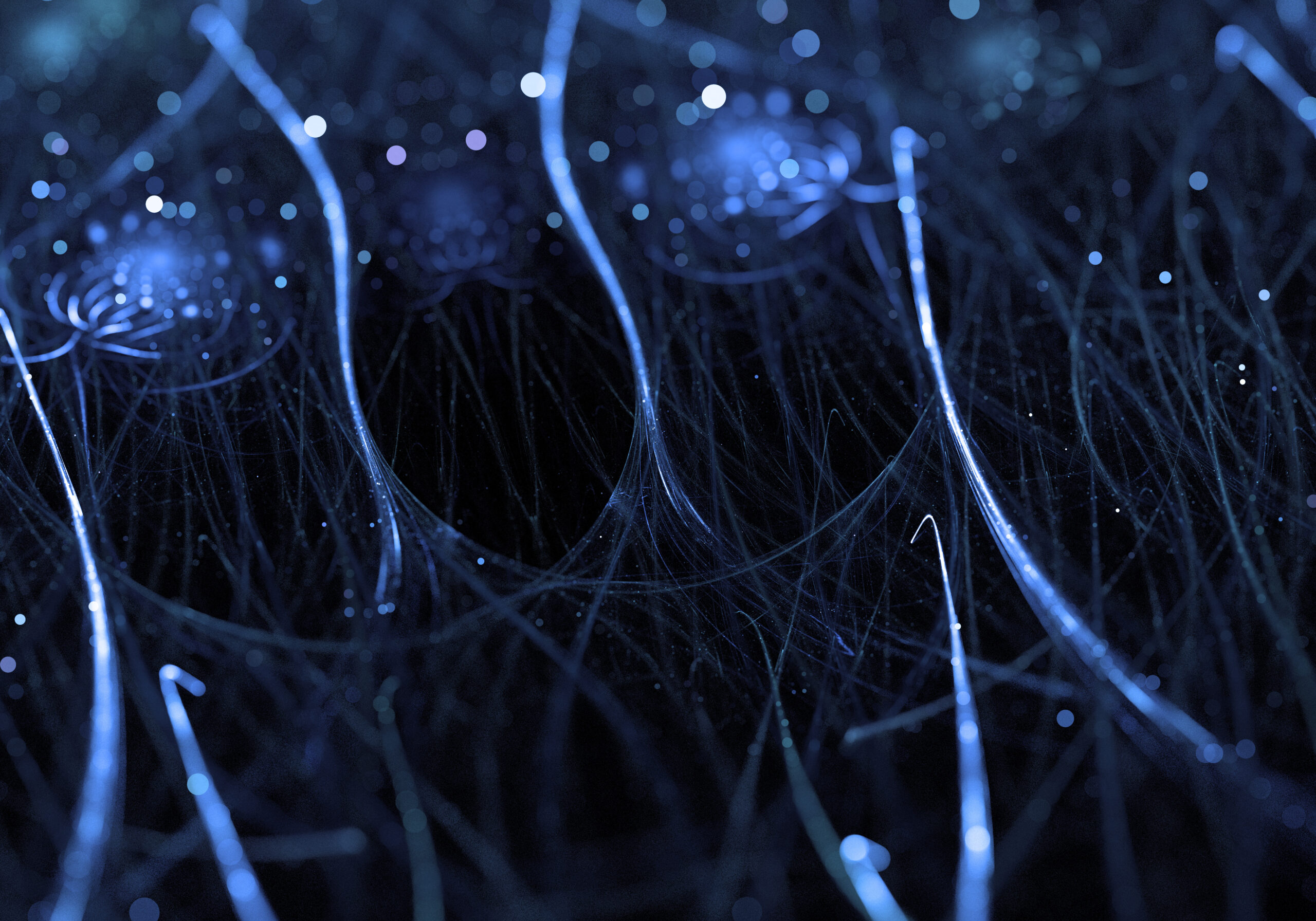The hidden role of hormones in mental balance
Hormones are more than biological maintenance signals—they interact dynamically with your brain to influence how you feel. Beyond the well-known neurotransmitters, hormones travel through the bloodstream to bind with receptors in regions like the hippocampus and prefrontal cortex, modulating mood, stress response, and emotional resilience. Over fifty hormones affect everything from reproduction to metabolism—and a surprising number also shape mood regulation.
For example, hormone fluctuations correlate closely with mental health transitions. During adolescence, as sex hormones surge, rates of depression and anxiety diverge between genders. The rise and fall of estrogen and progesterone near menstruation can trigger mood swings, irritability, or even premenstrual dysphoric disorder (PMDD) in sensitive individuals. Similarly, rapid hormonal changes after childbirth or during menopause may precipitate emotional disturbances, as mood buffering hormones drop sharply. Understanding this interplay offers insight into why antidepressants don’t always work evenly across life stages and highlights the importance of personalized approaches to mental health.
Stress, the HPA axis, and chronic hormone disruption
One of the most critical intersections between hormones and mood lies in our stress system—specifically the hypothalamic–pituitary–adrenal (HPA) axis. When you experience stress, the hypothalamus triggers the release of ACTH, which prompts adrenal glands to release cortisol. In moderate amounts, this response is protective. But chronic stress can break the negative feedback loop that normally restrains cortisol release, resulting in sustained high levels that damage neural circuits involved in memory, mood, and decision-making.
Over time, elevated cortisol can thin the hippocampus—an area critical for memory and emotional regulation—while impairing connectivity with the prefrontal cortex and amygdala. These changes compromise emotional control and cognitive function. This biological cascade helps explain how prolonged anxiety, trauma, or unchecked stress can evolve into depressive or bipolar disorders. Clinical research is beginning to explore interventions that rebalance the HPA axis through lifestyle, mindfulness, and targeted therapies such as cortisol-modulating drugs.
In parallel, other endocrine shifts—like those in the thyroid system (T3, T4) or testosterone—can influence mood and anxiety. Hypothyroidism tends to correlate with depressive symptoms; conversely, hyperthyroidism may heighten anxiety. Some small trials suggest that testosterone supplementation alongside antidepressants can amplify treatment response, particularly in men with low baseline levels.
Hormone-based interventions: new frontiers in treatment
As we deepen our understanding of hormonal influence on mental health, novel treatments are emerging. Brexanolone, a synthetic analog of allopregnanolone (a progesterone derivative), has shown remarkable efficacy in postpartum depression by restoring neurosteroid balance. Likewise, hormone replacement therapy (HRT) may improve mood and cognitive symptoms in perimenopausal women, though outcomes vary.
Future strategies may include receptor-specific hormone modulators or combined hormone–neurotransmitter therapies tailored to individual sensitivity profiles. For instance, people sensitive to estrogen fluctuations might benefit from adjunctive treatments that stabilize receptor activity or buffer downstream signaling. Precision psychiatry now considers hormonal “signatures” in treatment algorithms alongside genetic, neuroimaging, and psychosocial data.
Moreover, lifestyle interventions—like sleep hygiene, resistance exercise, and stress reduction—help regulate hormone systems broadly and offer a foundation for hormone-targeted therapies. Integrating hormonal insight into mental health care holds the promise of more effective, personalized treatment for mood disorders across the lifespan.



